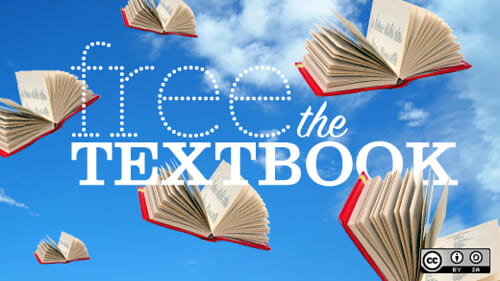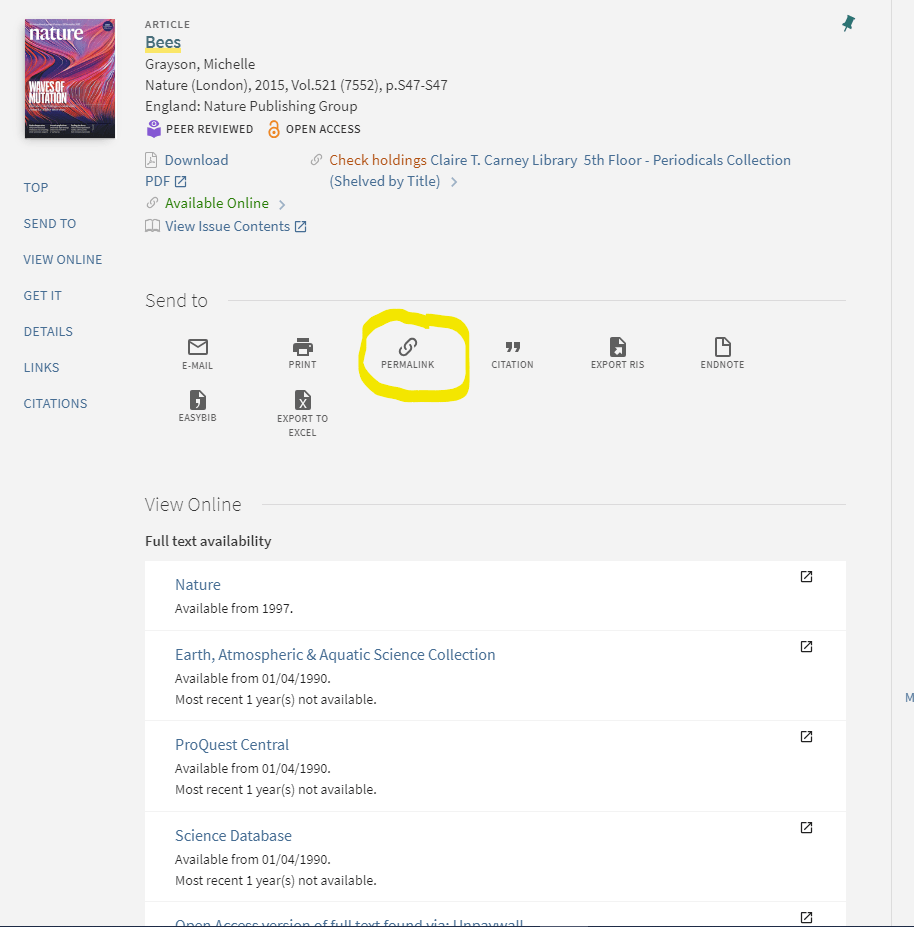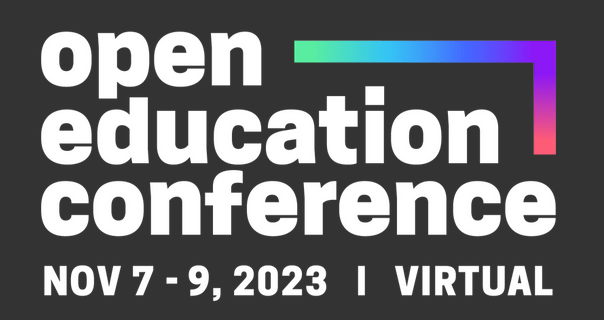by Emma Wood
The inaugural OER Adoption cohort at UMass Dartmouth was formed last year and resulted in significant cost-savings to students. The cohort, an example of campus collaboration, was established with stipends from the Provost’s Office, logistical support through the Office of Faculty Development (OFD), and expertise from the Claire T. Carney Library.
The premise of the cohort is simple – Faculty apply to be part of the group, attend workshops to learn more about openly licensed teaching materials, and commit to replace a traditional textbook with a free or low-cost option in one of their courses. For example, Prof. Yuni Kim of the English Dept. participated and decided to use two books of zero cost together in one of her courses: Modern World Literature Compact Edition and Invitation to World Literature.
Among the benefits of OER for faculty, are the flexible permissions given by the Creative Commons licenses the materials carry. We tend to think of the parameters of traditional copyright as restrictive while CC licensing offers a range of uses, including the ability to tailor and update material. The opportunity to remix or alter course materials is especially appealing when covering subjects that change rapidly.
The OER advantage to students is compelling. The price of textbooks has increased swiftly, and around 64% of students report that they have made a decision to forego purchasing a required textbook due to cost. Consequently, students without the textbook often find themselves earning a low grade or even failing the course. Still others may drop a course because of textbook cost or choose to take fewer courses.
If you find yourself dissatisfied with your current textbook or concerned about whether all of your students can procure the material, consider exploring the OER options in your subject area. The second OER Adoption Cohort call is live now through the Office of Faculty Development and accepting applications online through 4:00 p.m. on Friday, December 15, 2023. Questions may be directed to Emma Wood, Scholarly Communication Librarian or Dr. Jay Zysk, OFD Director.

What is OER Adoption? There are quality OER options (openly licensed textbooks and teaching materials) available for many subjects that are ready to be “adopted” and incorporated into your class.
Where do I find resources to adopt? Openstax is one of the prominent names in openly licensed textbook publishing, but there are many other resources. Start here: https://guides.lib.umassd.edu/oer



